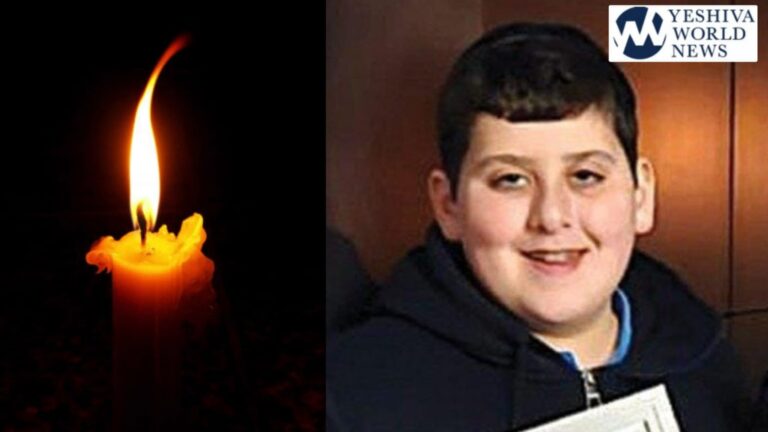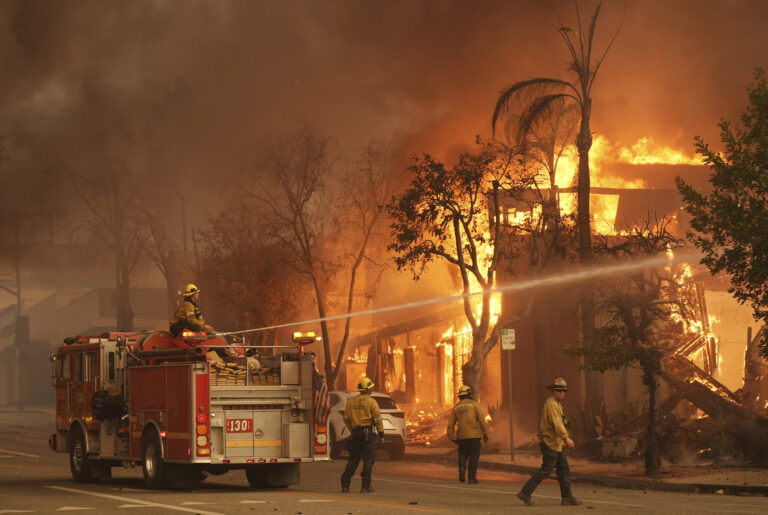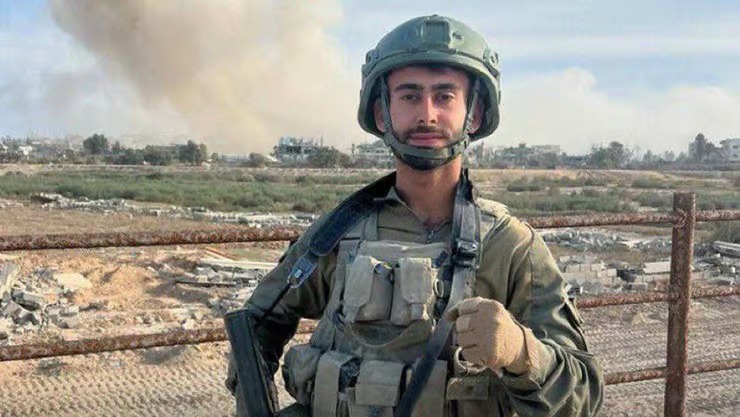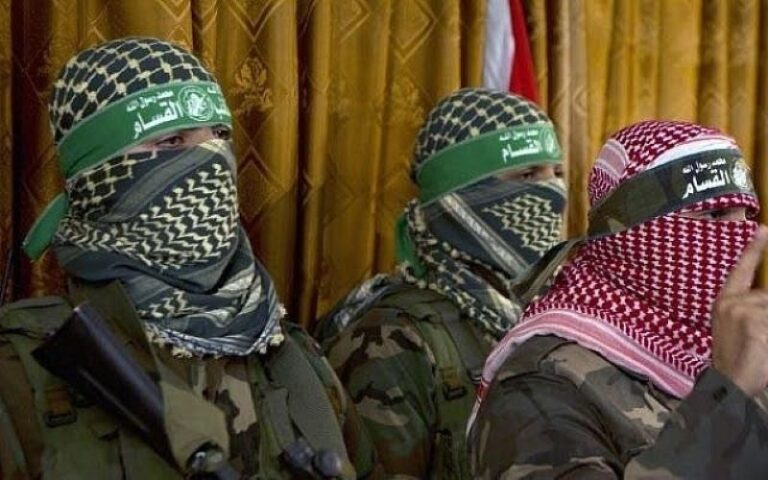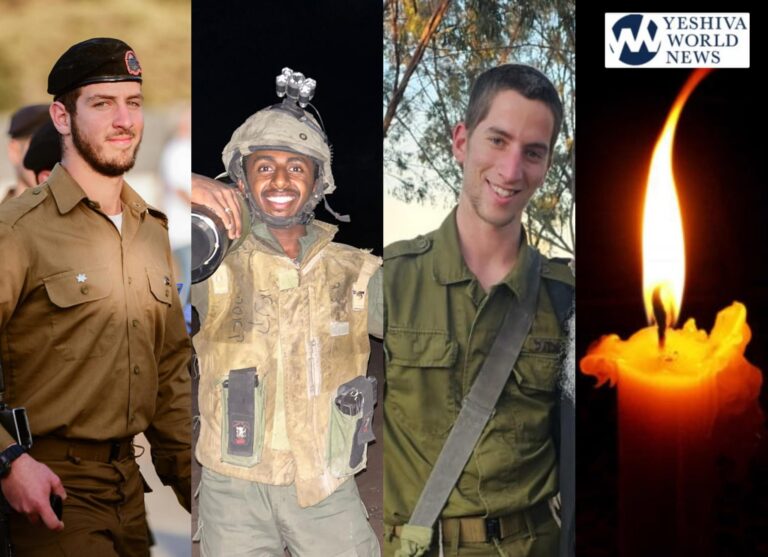In his worn sandals and grey spotted shirt 82-year-old Abu Brahim-one of the last Jews in Baghdad, perhaps the last-seems tired but undaunted by the violence raging around him. “They came to take me away three years ago and wanted me to leave,” said Brahim, explaining that well-wishers had wanted to evacuate him to safety in the chaos following the fall of Saddam Hussein. Old, but wiry and alert, Brahim remains determined to stay put. “Why should I leave? Why change? I always lived here. I do not want to shift,” said Brahim, running a hand through his thin, dishevelled white hair. Brahim lives close to the main synagogue of Baghdad, in the centre of the violent Iraqi capital where sectarian Shiite-Sunni bloodshed has left thousands dead in the past few months. Iraq’s health ministry said about 1,850 Baghdadis were killed in the month of July alone, while the United Nations last month reported that around 6,000 Iraqis were slain across Iraq in May and June.
Meanwhile, many tens of thousands more have fled the country or moved to areas where their ethnic or religious group is in the majority. Those displaced are not just the Shiite and the Sunnis, staying in mixed neighbourhoods of Baghdad, but also people from the minority communities such as the Christians and the refugee Palestinians. As a Jew, however, Brahim has nowhere else to go in Iraq. Today, he is almost all that is left of one of Mesopotamia’s oldest communities.? He lives in a poorly maintained apartment. The shelves and the table are virtually empty and the electric installations are decaying with wires hanging from the ceiling. Baghdad’s main synagogue, standing behind a high beige brick wall, is located on a commercial street perpendicular to a large artery of the capital. It was built in 1942, according to an inscription on the front wall.
An Iraqi Shiite has the keys to the temple, and looks after it discreetly, but refuses to unlock it to visitors. “I have clear instructions. Nobody enters it. No movement inside,” he stressed, refusing to give his name, and clearly both frightened and annoyed by the sudden visit of an AFP correspondent. Brahim does not need to go to the synagogue these days in any case. “There are no more prayers there. First there were people who came, but now perhaps there are still some Jews in Baghdad. I do not know. I do not see them any more,” said Brahim, with a shrug. There are long-standing historical ties between Jews and the land now known as Iraq. During the early years of Iraq’s monarchy, there were six Jewish members of parliament and a Jewish finance minister. In 1948, the year of Israel’s foundation, there were still some 134,000 Jews living in Iraq. But after Israel came into being and into conflict with its Arab neighbours, Iraqi Jews began to suffer discrimination, and were often accused of being agents of the new Jewish state.
By 1952 more than 123,000 had left the country, and 20 years later there were no more than 500 left. Many more left the country following the 1991 Gulf War. Today, after the toppling of Saddam by a US-led invasion unleashed chaos on the streets, only some two dozen are believed to remain. Iraq’s new constitution, drafted last year, also bars Iraqi-born Jews living in exile from recovering their nationality. After the US-led March 2003 invasion rumours ran wild-fuelled by vitriolic sermons by radical imams and fabricated press reports- that Jews had returned to Iraq and were buying up large tracts of land. Baghdad’s last Jews lived in the central Kifa neighbourhood, as did Brahim before he moved closer to the synagogue. His seven children-five girls and two boys-had already left the country. “They left 10 or 15 years ago and mostly live in London,” he says. “When they call me, they always ask me to return. But I want to stay. It’s been years I have lived here. Everyone knows me in this district and I have made no enemies.”

